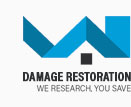 |
 |
 |
 |
|
|
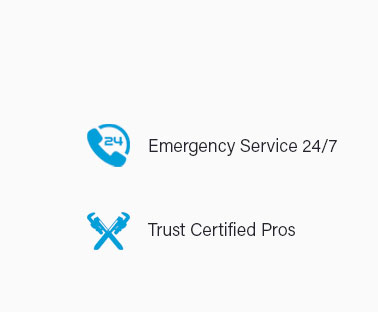 |
 |
 |
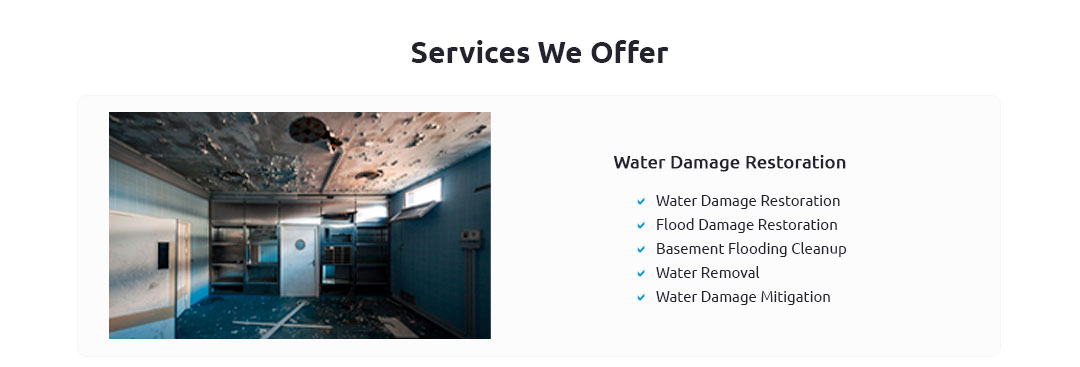 |
 |
 |
 |
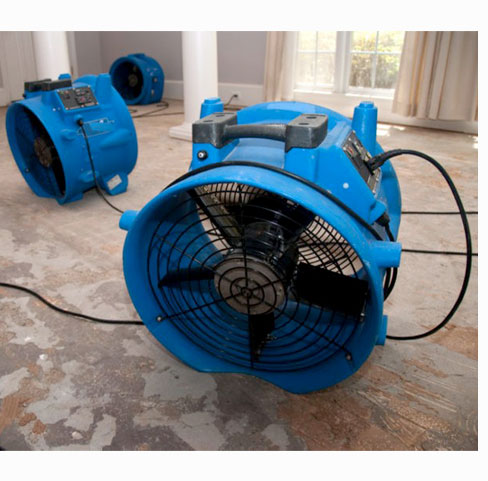 |
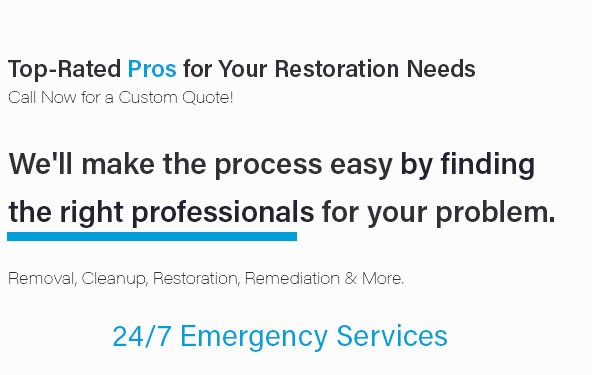 |
 |
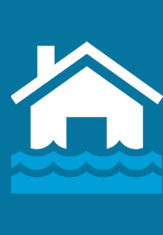 |
 |
 |
|
When disaster strikes, don't settle for anything less than the best-our unrivaled water, fire, mold, and storm damage repair services have made 'Water Damage Restoration Clinton' the go-to choice for those who demand excellence and peace of mind; with precision and expertise, we turn chaos into calm, restoring your property and your life with unwavering dedication, because when it comes to protecting what matters most, we're not just fixing damage-we're rebuilding trust, confidence, and a future free from the shadows of yesterday's troubles.
https://www.angi.com/companylist/us/wa/clinton/water-and-smoke-damage.htm
How much does it cost to fix water damage? The average water damage restoration cost is around $3,500, but it's not uncommon to see prices fall between $450 and ... https://www.skagitvalleydirectory.com/l/clinton-wa/water-damage-restoration
All Water Damage Restoration Services in Clinton, WA - A All American Water Damage Restoration, All Faith Carpet & Upholstery Cleaning, CEO Carpet Cleanin https://www.usawaterdamagerestorationeverett.com/service-area-clinton/
Reliable water damage restoration in Clinton, WA. Fast response, and expert flood cleanup services to restore your home quickly. Call now 877-930-8776.
|
